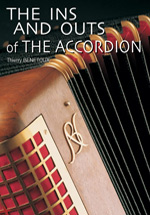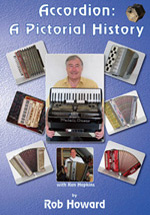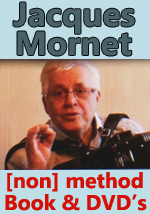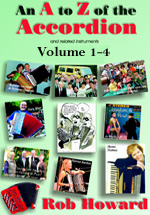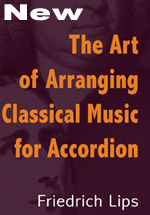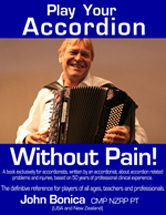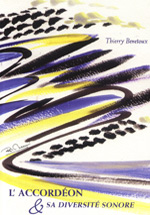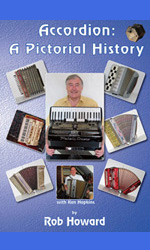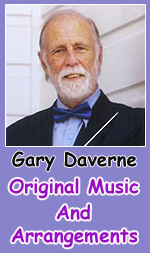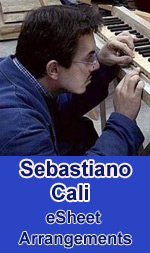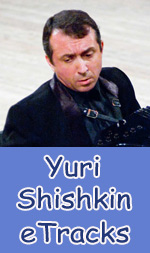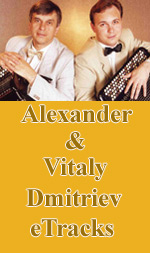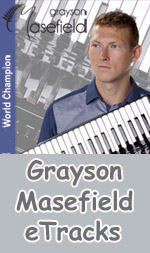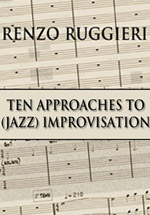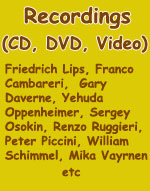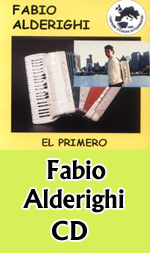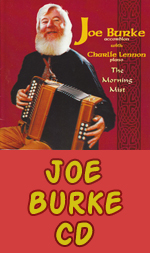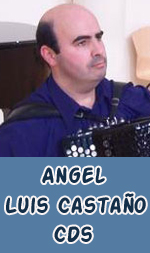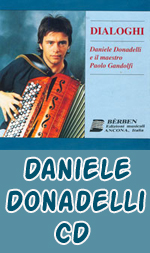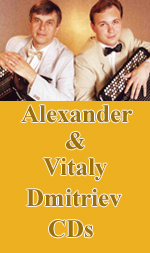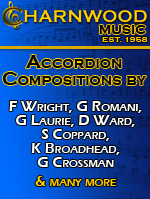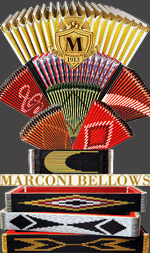Sponsors







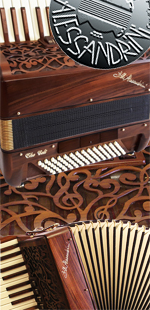


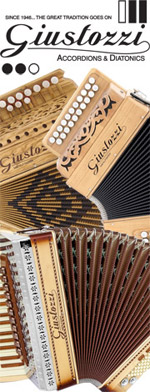
Books (Text)
eSheet (pdf file)

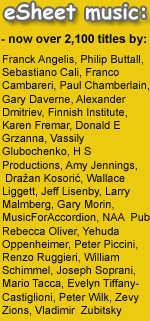
eTracks sound files

Sponsors


Free Services
Books (Text)
Statistics
Sponsors






 Share
Share
Link to share - cut and paste:
http://www.accordions.com/news.aspx?d=02-Aug-2019&lang=en&s=15664
http://www.accordions.com/news.aspx?d=02-Aug-2019&lang=en&s=15664
02-Aug-2019
Students who play musical instrument perform better academically - Canadaby Heather Masefield |
 Learning to play a musical instrument and participating in a musical group can have a direct and positive impact on students' academic performance, a new study has found. Learning to play a musical instrument and participating in a musical group can have a direct and positive impact on students' academic performance, a new study has found.Music is a form of both personal and cultural expression. While giving your young child a recorder and listening to hundreds of hours of London's Burning may sometimes seem like a fast track to a headache, the earache may be worth it in the long run. New research shows that persevering through the novice musician stage and helping your child to master an instrument can help them to perform significantly better in academic subjects like science and maths when they get older. Mastering a musical instrument isn't easy, and there are many challenges that students need to overcome: learning to read musical notation, developing specific hand-eye-mind coordination, balancing time to dedicate to practice and working on their listening and performance skills. These skills can help children with development in other areas of their learning, and research published in the Journal of Education Psychology looked into how these musically gained skills can help with academic learning in other fields. This correlation between artistic endeavour and academic performance challenges some of the decisions made in our education system. Funding for music in schools is usually one of the first to be cut when finances get tight, with music seen as creative and artistic and perhaps not as "serious" as the more academic subjects like English, science and maths. Even without funding pressure, over time we have seen changes to the curriculum that have forced more specific study in reading, writing and algebra, with less time given to music. Underpinning these changes is, of course, the idea that to try and increase student achievements in these core subjects, more focus should be placed on practising these algebra, reading and writing skills. Studying more than112,000 Canadian students who started school between the years 2000 and 2003, the researchers followed their academic achievements all the way through to Year 12 in high school. Controlling the data for demographic factors, including gender, ethnicity, socioeconomic background and prior achievement in previous subject exams in Year 7, the researchers were able to see which factors seemed to help students perform at their best. Looking at factors that correlate to higher academic results in maths and science, the researchers found that students who learned an instrument during childhood and developed enough mastery to perform in a group exhibited significantly higher performance. Specifically, students who in Year 10 and above had signed up to play in music groups like orchestra, jazz band, concert choir, vocal jazz and conservatory piano showed the most academic advantage, resulting in higher exam scores across all school subjects. The results were stronger for those who specialised in instrumental music skills rather than vocal music groups like choirs, with these students being around one full year ahead in learning than their non-musical peers. In a number of school systems, once students reach high school they tend to be grouped, separating those who favour creative arts subjects from those who favour science and maths. Conflicting timetables sometimes force students to choose directly between science and arts. This research suggests that rather than creating subject silos, students might complement their learning by applying the mathematics of fractions through scales and the physics of waves and resonance through their instrument. Studies like this serve as a helpful check as we design our education systems and structure our curriculums. Designing approaches that help students reach their potential can often mean investing time and resource in areas of study that may to some seem non-critical. |



